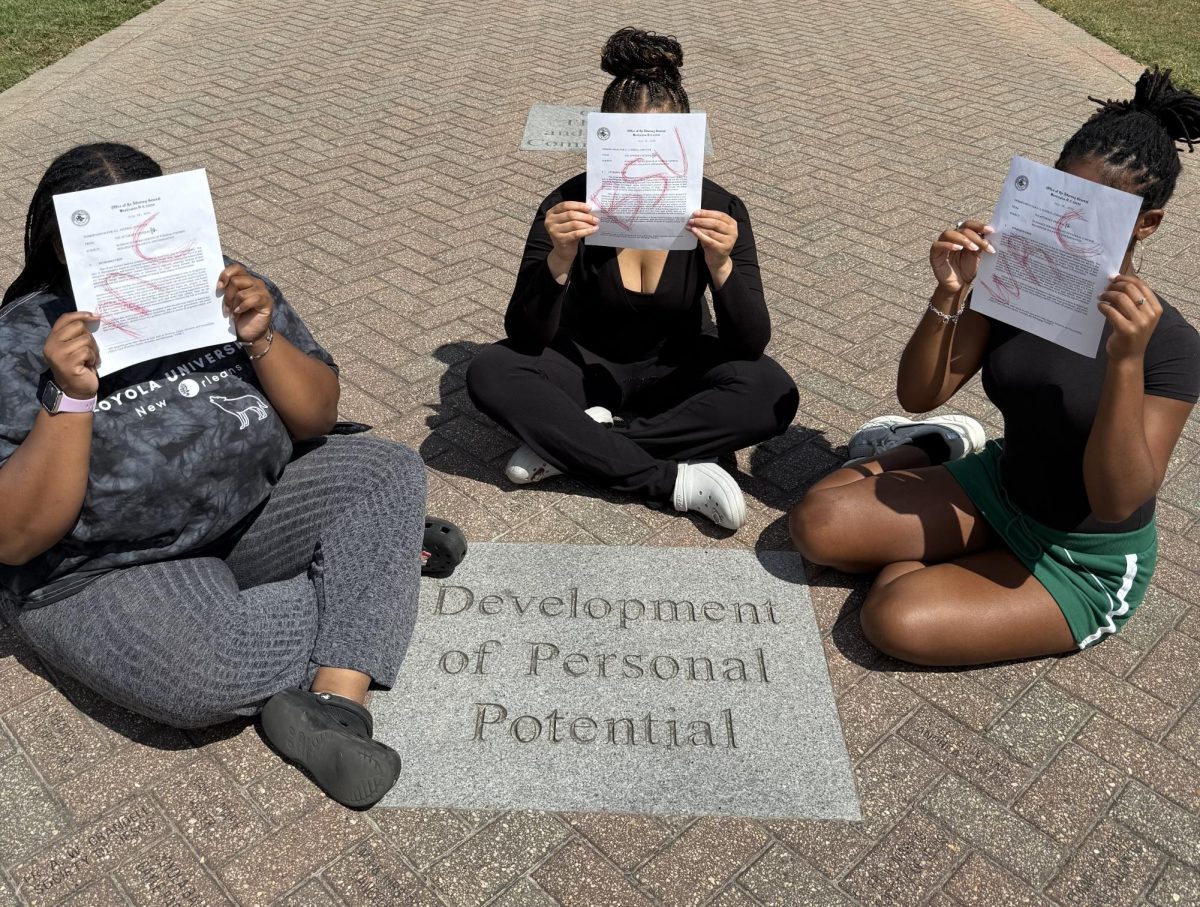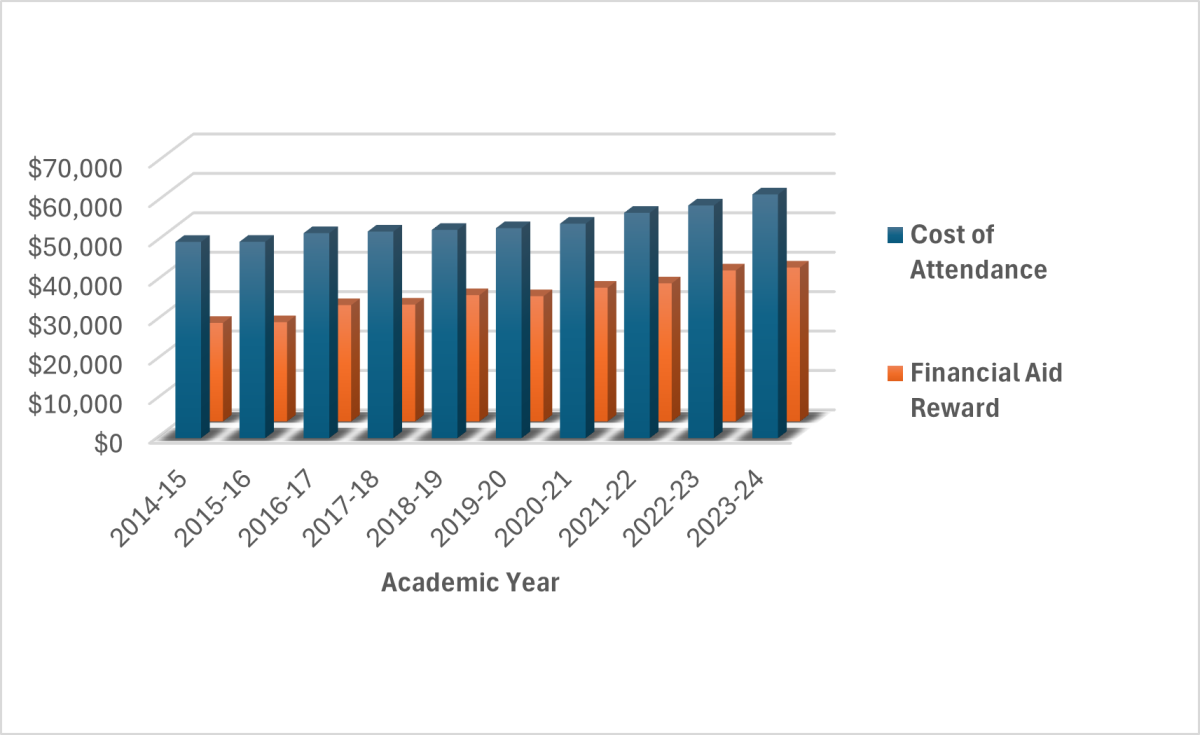Loyola University has decided to continue its test-optional admissions policy, allowing applicants the choice to submit SAT or ACT scores. Enrolling students who did not take the tests will not be required to do so before attending.
Loyola will only require an official high school transcript with proof of graduation. The university will review the GPA reported on the transcript, honoring the weighted GPA if it is higher. Applicants who choose the test-optional route will not have their SAT or ACT scores considered during the admissions or scholarship review process.
Political science sophomore Dex Nichols sees the policy as a positive step for Loyola.
“No matter what you get on the standardized tests, I don’t think they reflect your value as a student or as someone who wants to learn,” Nichols said.
Nichols added that the decision could make the admissions process easier for incoming students.
“I think it takes some anxiety off prospective students because there wouldn’t be the stress of being evaluated in an area that you might not feel confident in,” he said.
Mass communications sophomore Curtis Starks agreed that not requiring test scores will streamline the admissions process for Loyola applicants.
“I think Loyola going test-optional is a great thing,” Starks said. “I didn’t have to submit test scores but did so anyway for financial aid reasons. However, if you have good scores, you should submit them anyway.”
Professor Sonny Bleicher believed standardized tests don’t necessarily reflect a student’s ability to succeed in class, but can reveal aspects of their demeanor.
“It does show whether you’re able to sit down and do what’s required,” Bleicher said. “So, requiring the test scores, I think, doesn’t matter as much as showing a certain level of proficiency when test-taking.”
When discussing the value of standardized tests in the application process, Bleicher said they can offer insight into how students compare to each other and hold schools accountable.
“I think these tests can help evaluate how people compare to each other and also hold schools accountable to make sure they’re teaching you to a high enough level to meet the comparable results to other institutions,” Bleicher said.
Bleicher shared his experience while at Xavier University, a historically Black university here in New Orleans. Although Xavier is a test-optional school that has attracted more students, he believes their performance has decreased as a result.
“In other words, their graduation rates dropped significantly,” Bleicher said. “This tells us something about the aptitude of students to succeed.”
Bleicher is skeptical about the potential benefits for students from underprivileged backgrounds.
“It might open the door to more students, but it also opens the door to abuse and predatory practices, where universities take money from students who could not succeed,” Bleicher said.

















Mikal • Feb 4, 2025 at 10:38 am
Some newspaper you run. You have a section for comments under your articles, but you refuse to publish anything that does not confirm with your leftist, radical, woke, dei ideologies. You are like the other fake media in our country–New York Times, Washington Post, MSNBC, CNN, ABC, CBS, NBC. What are you afraid of: that someone might convince your readers that there is a better way of thinking than you and the other shameful fake news outlets condone. Shame on you and on Loyola for putting up with this. A university is a place for different ways of thinking to be heard/read and most of them today have abandoned their reason for being.
Mikal • Jan 31, 2025 at 11:46 am
This is a further erosion of the ability of Loyola as well as other schools that have followed the same path to evaluate the quality of applicants. We all know that grade inflation is rampant in high schools, so high school GPA tells the Admissions Office very little about the educational ability and willingness of applicants. Letters of recommendation are also unreliable in assessing quality because they tend to be full of puffery. There was a time when high schools ranked students, which would be some marginal help, but ranking no longer occurs in the case of many high schools. All of this is evidence of the continual decline in the quality of education in the U.S., which will cause a decline in our standard of living relative to most industrial countries, whose students rank much higher in the basics of reading, math, and science than do U.S. students. The major cause of this decline is so called “progressive” and leftist academic policies that have cause much damage to our economy in many ways in addition to education.